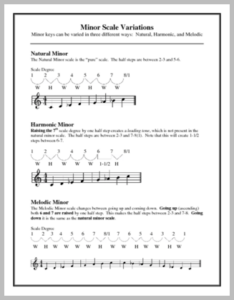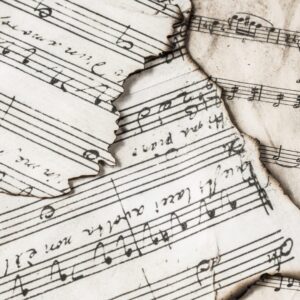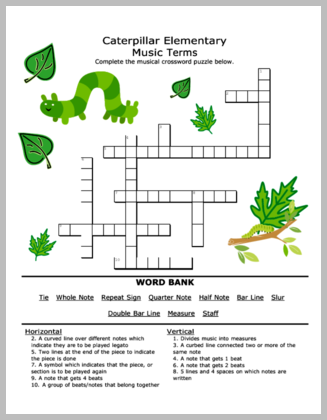Music Theory & Music History
Benefits of Learning Music Theory
- Music theory can translate to any instrument
- It helps you learn to play music faster and easier
- It helps with memorizing music
- It makes it easier to learn to play complex pieces of music
- It improves improvisation and composition skills (make up music and write it down)
- Music theory and playing an instrument utilizes both left and right brain hemispheres (it’s good for your brain)
- It increases your teaching skills and allows you to offer more opportunities in your music studio (if you teach music)
- Etc

Benefits of Learning Music History
- Find a personal connection to the music you play (and the composer)
- Improve your emotional connection to the music
- Increase your understanding of cultures and countries in relation to music
- Expand your understanding of how music became what it is today
- Understand how music was used in the past and how it has changed over time (and why)
- Have fun with interesting stories about interesting musicians (they’re all interesting!)
- Etc.

Piano Discoveries Shop has tons of theory & history activities, visual aids and worksheets for you to use in your studio!
